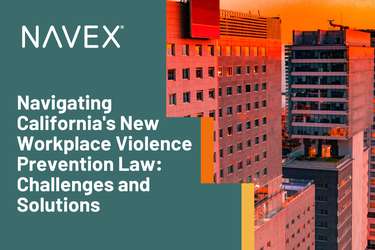Last week, the Wall Street Journal featured an article on companies that are enlisting employees who are identified as “influencers” – “employees who are particularly well-connected and trusted by their peers” – to help “come up with new products, get workers on board with big changes like mergers, or spread information throughout the organization.”
Since these influencers (sometimes called the “chatterati”) have clout and influence among peers, it’s easy to see how they could be a potential new resource for promoting ethics and compliance and building a positive corporate culture. But before we embrace this new approach to using social media and influencers to develop the tone in the middle, let’s consider the following:
- It didn’t take long for the public to grow suspicious of social media product reviews. We understood that too often the reviews were plants or were otherwise biased or co-opted. How long will it be before similar suspicions undermine the influencers? What steps can be taken to ensure that their voice is genuine and continues to be trusted? This is not easy to do and may require allowing them wide latitude to be critical as well as supportive of company positions. Will companies be willing to do this? Will the influencers be willing to take such a chance?
- Will influencers undergo something similar to “train the trainer” sessions? If not, how will companies ensure that the information they are sharing is accurate and in-line with communications’ plans and strategies?
- The traits commonly associated with influencers are: outgoing, empathetic, accessible and optimistic. While there is no doubt that such traits are often keys to being a good communicator, it is also true that employees quickly tune out messaging that they believe glosses over the sober, hard-headed realities of ethics and compliance.
- The Journal reports that companies are using survey results and are mining social media posts and patterns to help identify employees who are at the center of webs of on-line communications. But before we reward these employees, companies should assess whether their online activity is consistent with the company’s Privacy, Use of Information Systems and Social Media policies. These policies typically discourage excessive use of information systems and the internet during company time and caution against using social media to discuss company business. Also, using surveys to identify specific employees could fuel mistrust of other surveys and anonymity claims can cause employees to question the overall ethics of the company.
Finally and perhaps most importantly, will the use of influencers undermine the authority of middle managers who should be the culture carriers in an organization? Or, similarly, is this a way for companies to side step the hard work of creating a cadre of managers who are informed and prepared to discuss ethics and compliance with employees?
While influencers may play a supportive role, managers remain either the best asset or the biggest stumbling block to building a culture that supports ethics and compliance.







